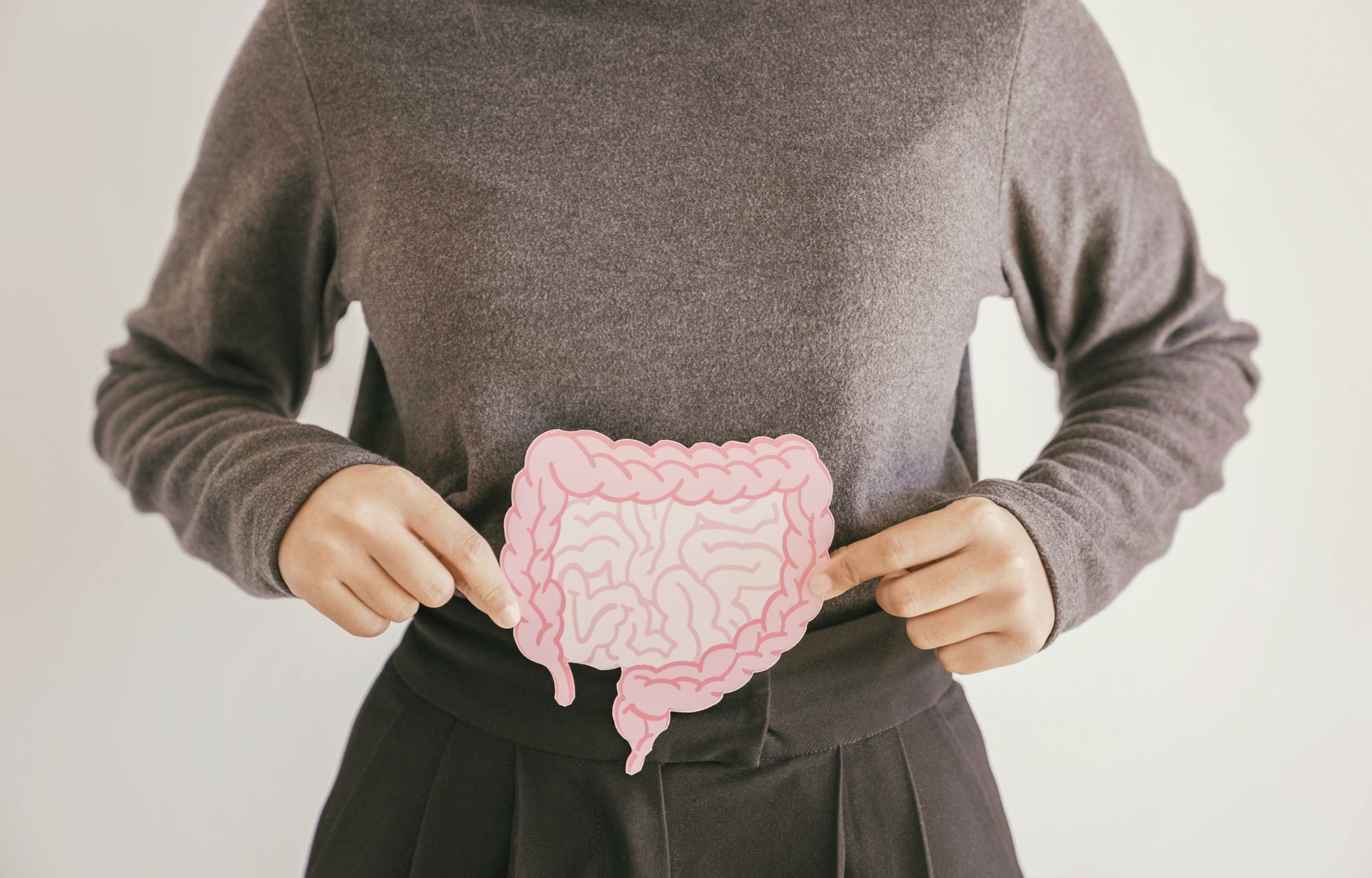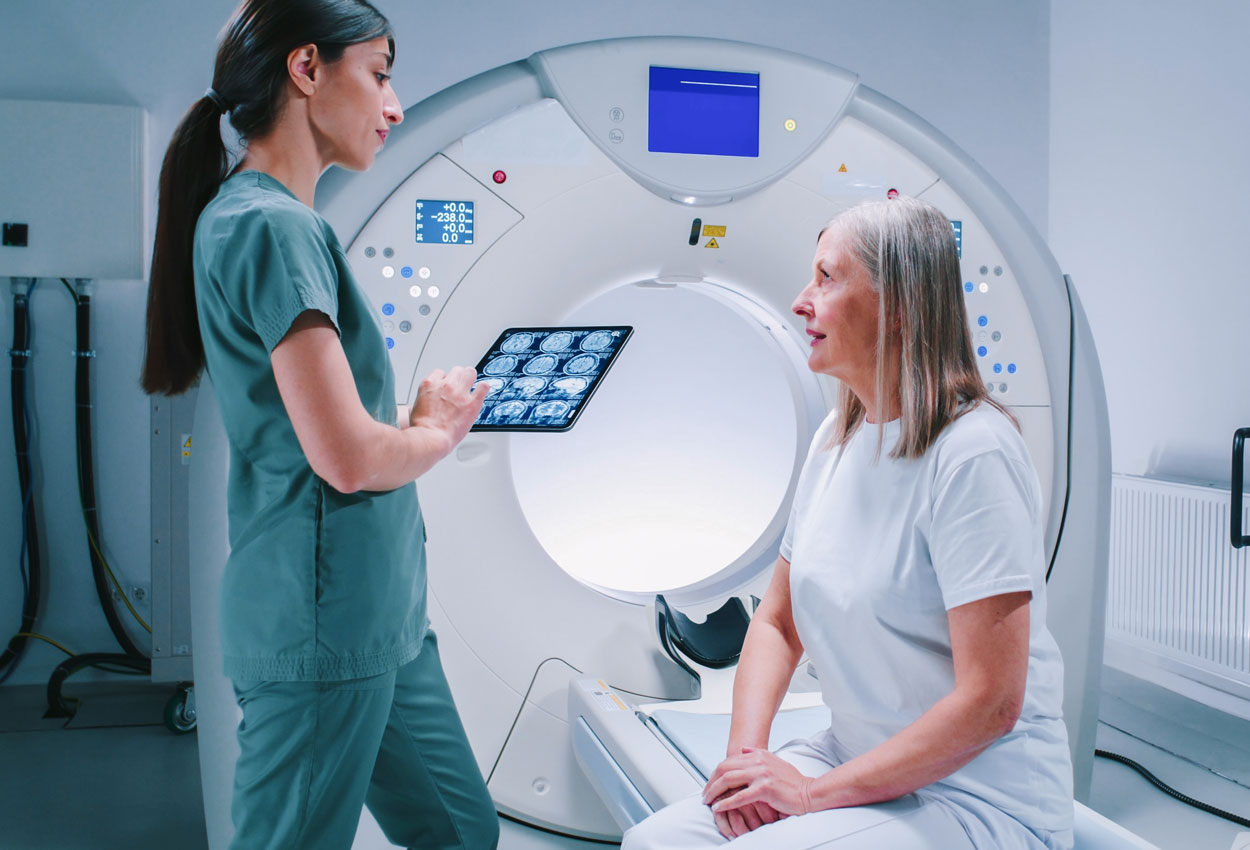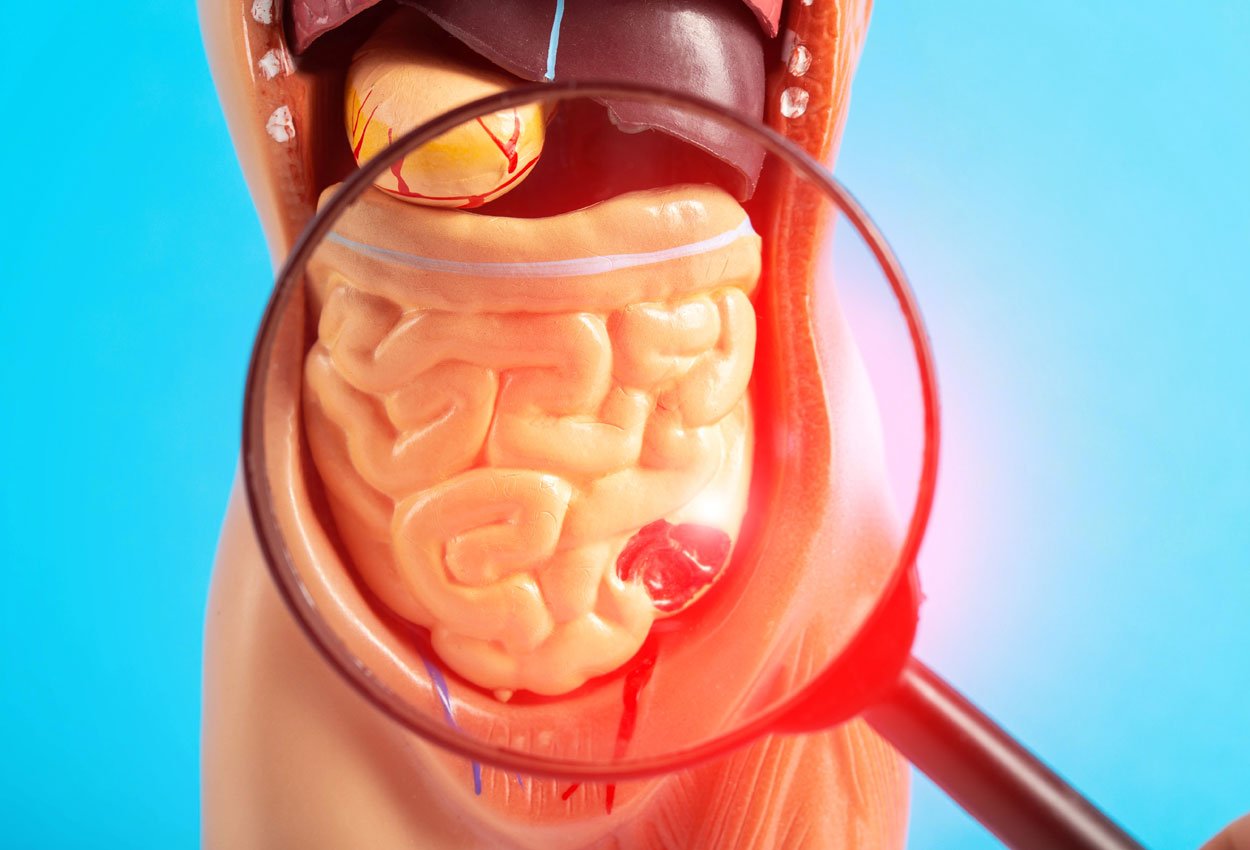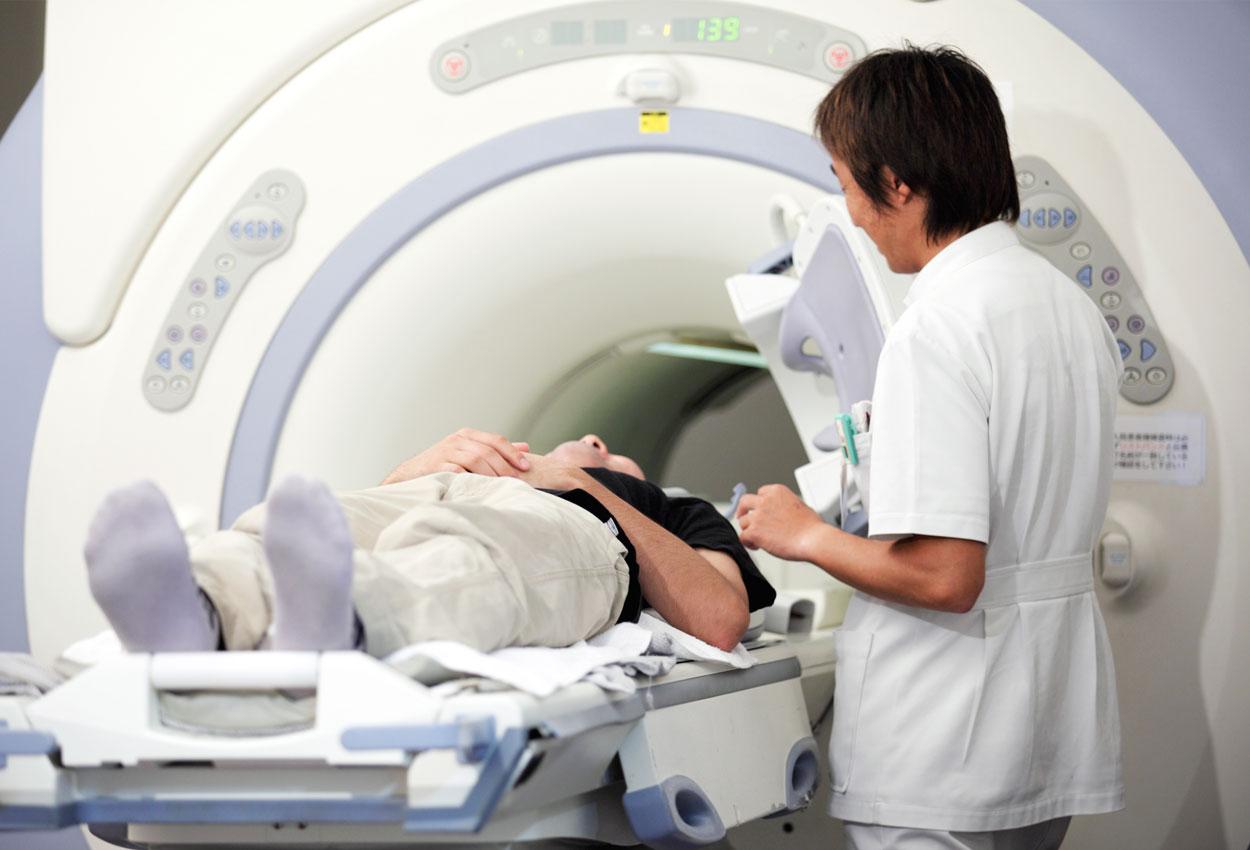Understanding what goes into your imaging preparation can make your exam experience easier. If you have ever looked at the ingredients in Breeza® flavored beverage for small bowel distention, you may...
In CT and MR enterography, clear visualization of the small bowel is essential for accurate diagnosis. Yet one of the most common challenges technologists and radiologists face is inadequate bowel...
Magnetic Resonance Imaging (MRI) is one of the safest and most powerful diagnostic tools we have, but for children, it can be an intimidating experience. The loud noises, narrow tunnels, and need to...
Breeza® flavored beverage for small bowel distention was designed by a radiologist to help patients more easily drink the full amount required for imaging procedures. The goal was to offer patients a...
Patients aren’t just evaluating the results of their exam, they’re judging the entire experience, from the moment they schedule to the moment they walk out your door. For CT departments, that means...
MR Enterography is an imaging exam that will help your physician see detailed images of the small intestine and is commonly used to evaluate conditions such as Crohn's disease, small bowel tumors,...
Endoscopy and colonoscopy are often the first-line procedure for diagnosing Ulcerative Colitis (UC), a prevalent form of IBD which primarily affects mucosal and submucosal layers of the colon and...
In their article, "State of the Art MR Enterography Technique" Manjil Chatterji, MD; et. al. answered some commonly asked questions about oral contrast and the usefulness of MRE as a diagnostic tool.
Radiology is one of the most affected hospital departments by patient cancellations according to the article, " The Financial Burden of Missed Appointments: Uncaptured Revenue Due to Outpatient...









